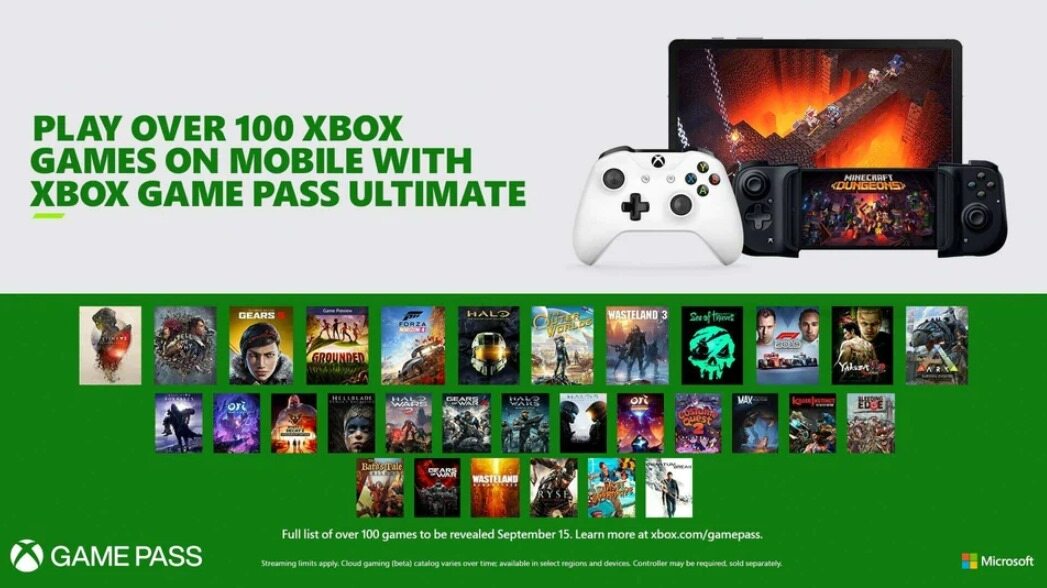Microsoft’s President Brad Smith Provides Update On Call Of Duty UK Deal: THIS Is What He Says
In the realm of blockbuster acquisitions and regulatory intricacies, Microsoft’s pursuit of game publisher Activision Blizzard has taken a noteworthy turn. Following the initial rejection of its proposal by the Competition and Markets Authority (CMA) in the UK, Microsoft submitted a revised proposal, igniting discussions about the future of the Call of Duty deal. In this context, Brad Smith, Microsoft’s vice-chairman and president, has provided valuable insights into the ongoing regulatory concerns and the company’s commitment to addressing them.
Regulatory Landscapes and Decisions
In light of the evolving scenario, Smith stressed the importance of allowing regulatory bodies to express their perspectives and make informed decisions. He acknowledged the pivotal role that regulators play, particularly in the UK, where decisions regarding the deal are imminent. Smith’s stance reflects the company’s respect for the regulatory process and its commitment to engaging constructively with the concerns raised.
Addressing Concerns: A Central Focus
Central to Microsoft’s approach is the acknowledgement and addressing of concerns raised by regulatory bodies. Smith’s sentiment, as expressed to CNBC, underlines this commitment, stating, “We’ve worked to address them, and by addressing them, we have put together a transaction that will advance competition, while also eliminating the concerns on the anti-competitive side that some people had.” Microsoft’s efforts are aimed at finding a delicate equilibrium that promotes competition and innovation while mitigating potential anticompetitive effects.
The Path Forward and Decision Deadline
The regulatory process continues as the CMA investigates the revised agreement between Microsoft and Activision. The decision deadline is set for October 18, adding a layer of anticipation to the situation. Microsoft’s overarching intention revolves around bolstering cloud gaming and providing gamers with alternatives to major app stores like Apple’s App Store and Google Play Store. This strategic move is geared toward shaping a more dynamic gaming ecosystem that encourages diversity and choice.
Regulatory History: A Recap
The regulatory journey leading up to this juncture is marked by significant events. In April, the UK raised objections to the initial $69 billion deal, citing apprehensions about potential anticompetitive behavior in the emerging cloud gaming market. These concerns encompassed the deal’s potential impact on Microsoft’s influence in the realm of mobile gaming. Smith’s remarks underline the company’s willingness to engage genuinely with these concerns rather than dismiss or downplay them.
Beyond Borders: US and EU
Regulatory scrutiny extended beyond the UK, as US regulators also expressed reservations about the deal. However, in May, the European Union (EU) granted approval after Microsoft proffered remedies aimed at addressing competition concerns. These remedies included providing royalty-free licenses to cloud gaming platforms for streaming Activision games, demonstrating Microsoft’s proactive stance in fostering competition.
Collaborative Efforts: Industry Partnerships
As part of its comprehensive strategy, Microsoft has forged partnerships with industry giants such as Sony, Nvidia, and Nintendo. These collaborations are envisioned to pave the way for Activision Blizzard’s content to seamlessly reach various gaming consoles and platforms, enhancing the overall gaming experience.
The evolving narrative surrounding Microsoft’s Call of Duty UK deal showcases the intricate web of considerations that shape the gaming industry’s landscape. Regulatory deliberations underscore the delicate balance between fostering competition and addressing potential anticompetitive repercussions.
As the October deadline approaches, the decision of the CMA will chart the course for one of the gaming industry’s most closely watched developments. Brad Smith’s insights provide a glimpse into Microsoft’s commitment to navigating this complexity while striving for an outcome that benefits both the gaming community and the broader industry.
Also Read: Overwatch 2: 5 Reasons Why This Game Likely To Be Affected By Microsoft Deal With Blizzard






















